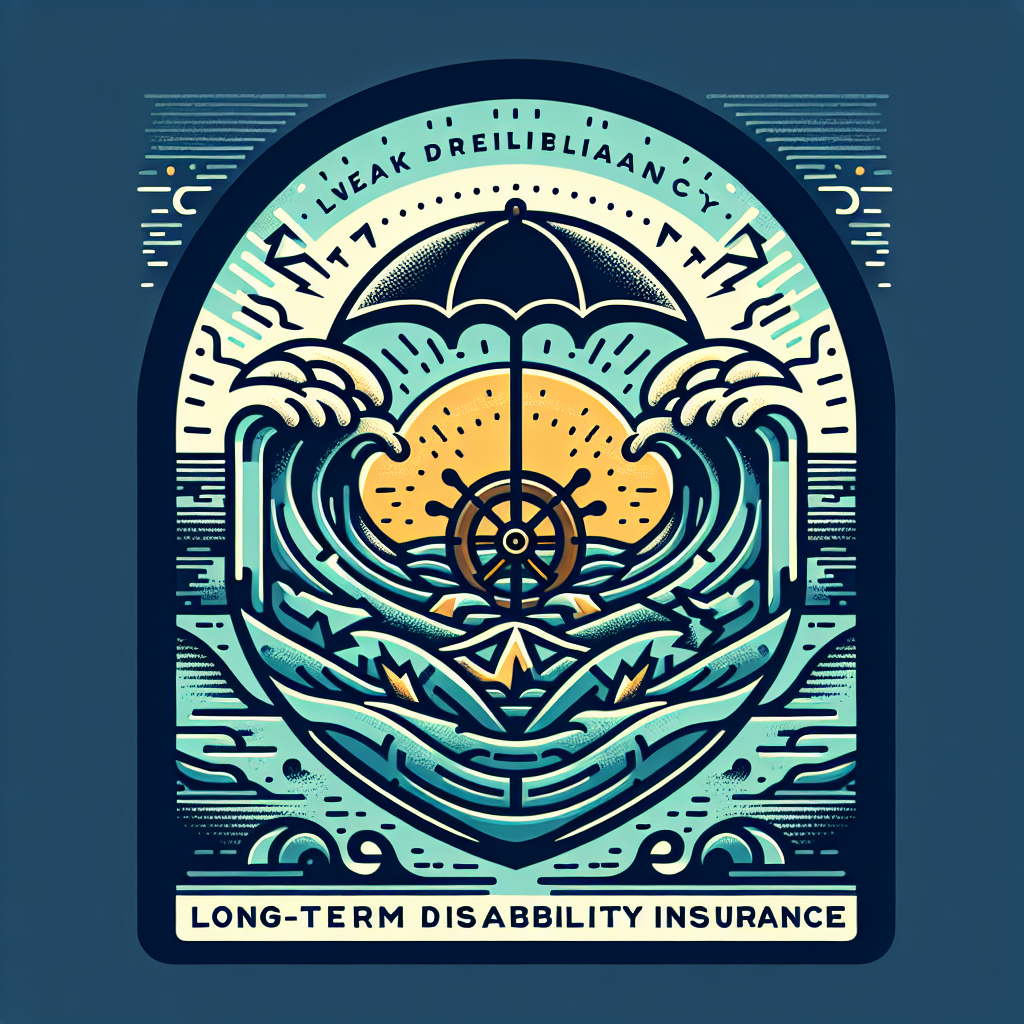Filed under Business Insurance on
Understanding Trailer Rental Business Insurance Costs

In the dynamic realm of logistics and transport, the trailer rental business has carved out a crucial niche. Whether facilitating small-scale domestic moves or supporting sprawling commercial operations, trailer rentals play an indispensable role. However, as with any enterprise, safeguarding against unforeseen circumstances such as accidents or damage is imperative. Understanding the intricacies of trailer rental business insurance costs is vital for entrepreneurs and stakeholders in this sector. This overview outlines key factors influencing these costs, helping ensure your business remains resilient and protected.
Factors Influencing Trailer Rental Business Insurance Costs
Understanding the costs associated with trailer rental business insurance entails evaluating several variables. Each factor can significantly sway the premium amounts, determining the financial commitment required to safeguard your enterprise effectively.
Types of Coverage
The types of insurance coverage selected are fundamental in shaping insurance costs. Most trailer rental businesses opt for a blend of general liability, physical damage coverage, and commercial auto insurance. Each of these has distinct features designed to address specific risks. General liability covers third-party injuries and property damages, while physical damage insurance protects against trailer-specific harm such as collisions or vandalism. Meanwhile, commercial auto insurance extends coverage to the tow vehicles, ensuring comprehensive protection. Opting for more extensive coverage naturally elevates insurance premiums.
Fleet Size and Composition
The size and composition of your trailer fleet significantly impact insurance costs. Larger fleets typically incur higher premiums owing to increased exposure to potential claims. However, insurers may offer discounts for businesses demonstrating robust safety protocols, provided these measures minimize risks. Additionally, the types of trailers within the fleet matter; specialized or high-value trailers often require more comprehensive coverage, hence higher insurance costs.
Business Location
The geographic area in which a trailer rental business operates can significantly influence insurance costs. Locations with high traffic densities, higher incidence of theft or vandalism, or adverse weather conditions might result in elevated premiums. Insurers assess the risk profile of operating in certain regions, using this data to set relevant insurance rates.
Driver History and Experience
The driving records and experience levels of those operating the equipment are crucial factors. Insurers scrutinize driver history to identify potential risks, with poor records or inexperienced drivers often leading to increased premiums. Conversely, a stellar driving record may result in discounted insurance rates, rewarding businesses that prioritize hiring experienced personnel.
The Role of Deductibles and Premiums
Insurance stakeholders must navigate the balance between policy deductibles and premiums. A deductible represents the out-of-pocket expense policyholders commit to in the event of a claim before insurance coverage provides the remainder. Higher deductibles often yield lower premium costs, appealing to businesses with more liquidity or cash reserves. On the flip side, opting for lower deductibles results in higher premiums, ensuring less financial impact in the event of a claim. Striking the right balance between deductibles and premiums is key to optimizing trailer rental business insurance costs.
Current Trends in Trailer Rental Business Insurance
Today's dynamic insurance landscape sees trailer rental businesses adapting to evolving trends. Insurers increasingly leverage technology to assess risk and tailor premiums, integrating telematics solutions into trailers themselves. These technologies provide real-time data on vehicle usage and driver behavior, potentially lowering insurance costs by fostering a culture of safety and accountability.
Moreover, environmental considerations also shape current insurance trends. As sustainability becomes a focal point, insurers may offer favorable rates to businesses demonstrating eco-friendly practices or investing in green technologies. Aligning insurance options with sustainability goals not only appeals to conscientious consumers but may also prove financially advantageous.
Seeking Expert Opinions
Industry experts frequently emphasize the importance of clear communication with insurance providers. Open discussions about the specific needs of your trailer rental business ensure that coverage is comprehensive yet cost-effective. Insurance advisors can provide insights into risk management strategies, potentially allowing you to obtain lower premium rates through proactive safety measures and fleet management improvements.
Strategies to Optimize Trailer Rental Business Insurance Costs
Understanding the dynamic factors involved in trailer rental business insurance costs empowers business owners to adopt strategic measures, ultimately ensuring optimal coverage at competitive rates.
- Safety Training: Conduct regular safety training for drivers and staff to minimize risks, thereby potentially lowering premiums.
- Vehicle Maintenance: Implement stringent maintenance routines, ensuring trailers and towing vehicles remain in peak condition.
- Comparative Shopping: Regularly review and compare insurance proposals from multiple providers to ensure competitive pricing.
- Customization of Coverage: Tailor insurance coverage to meet specific operational needs, avoiding unnecessary costs.
By employing these strategies, businesses can effectively manage trailer rental business insurance costs while maintaining the breadth of coverage necessary to protect against unforeseen events.
Conclusion
Navigating the complexities of trailer rental business insurance costs requires a balanced approach, integrating comprehensive coverage with cost-saving strategies. By understanding the diverse factors influencing insurance expenses, from fleet size to location specifics, business owners can make informed decisions to safeguard their operations. Collaborating with insurers, staying abreast of industry trends, and committing to rigorous safety standards are crucial in optimizing insurance costs. Ultimately, the right insurance strategy not only protects your trailer rental business but also fortifies its long-term success.





